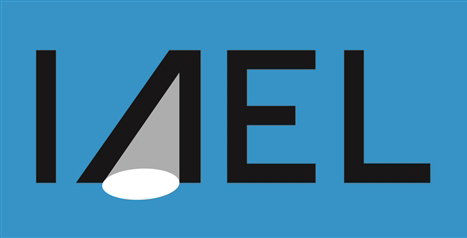OPEN BANKING REGULATIONS OF THE CENTRAL BANK OF NIGERIA AND THE OUTLOOK FOR THE FINTECH INDUSTRY IN NIGERIA
Open banking is a term that refers to the practice of allowing third-party financial service providers to access customer data and transaction history held by banks and other financial institutions. This concept has gained popularity in recent years as a means of promoting competition and innovation in the financial services industry.
One of the key benefits of open banking is that it can help to drive innovation and create new opportunities for financial service providers particularly Fintechs. By allowing third-party providers access to customer data, banks can provide a more comprehensive range of services to their customers, including personalized financial advice, real-time credit decisions, and more. This will enable financial institutions to develop new products and services that are tailored to the needs of customers, and that can help to drive financial inclusion.
Another benefit of open banking is that it can help to promote competition in the financial sector. By allowing new entrants to access customer data, financial institutions will be forced to compete on the quality of their services and the value that they provide to their customers. This can help to drive down costs and improve the overall quality of financial services in Nigeria.
Open banking innovation enables financial institutions to share customer information with other service providers, such as Fintechs and Mobile Money Operators, who will use the information to develop products that promote financial inclusion and innovation. APIs are used to share the data, which can only be done with the customer’s permission.
Nigeria is the first country in Africa to adopt open banking legislation which will promote innovation in the nation’s financial sector. The Central Bank of Nigeria (CBN) adopted the open banking rules and regulations in a circular dated March 7, 2023. The operational standards defined the requirements for dealing with client data by banks and other financial organizations.
The regulation provides guidelines for ensuring consistency and security across the open banking system, as well as specifying the responsibilities and expectations of the different players, including banks, external financial institutions, and customers. Additionally, it outlines the minimum standards that participants must adhere to, establishing safeguards to maintain the stability of the financial system within an open banking framework.[1]
The Nigeria Data Protection Regulation (NDPR) of 2019 is an essential factor in supporting the implementation of open banking regulations in Nigeria. This is because data privacy and protection are vital components of open banking. With open banking, third-party providers are granted access to customer data, which creates a need for robust data privacy measures. The NDPR provides a regulatory framework that outlines the requirements for data protection in Nigeria, and it stipulates that organizations must comply with specific standards to protect personal data.
By incorporating the NDPR’s principles and requirements into open banking regulations, the Central Bank of Nigeria can ensure that customer data is adequately protected, and that individuals’ privacy rights are respected. This will foster trust and confidence in the banking system, encourage increased adoption of digital financial services, and promote the growth of fintechs in Nigeria. The open banking regulation provides the necessary framework for ensuring that data privacy is adequately protected, thereby enabling the growth of a robust and secure open banking system that benefits all stakeholders.
The introduction of open banking regulations by the Central Bank of Nigeria is a positive development especially for fintech companies in Nigeria. Many fintech companies in Nigeria, including Mono, Stitch, and Okra, have had to develop creative workarounds to offer comparable open banking options. However, the new regulation allows them to now offer more as they now have greater access to customer data.[2]
In conclusion, this regulation will promote innovation, competition, and collaboration in the financial sector in Nigeria, and will enable financial institutions to develop new products and services that meet the needs of customers, promote financial inclusion and drive the growth of financial technology in Nigeria.
[1] Muktar Oladunmade, Nigeria becomes first African country to have open banking regulation’ accessed 17 March 2023 https://techcabal.com/2023/03/08/nigeria-becomes-first-african-country-to-have-open-banking-regulation/#:~:text=Nigeria%20has%20become%20the%20first,circular%20dated%20March%207%2C%202023













